Nicole Kidman, 57, Stuns on the Red Carpet, But Her Look Sparks Controversy Over One Detail


Snoring is a very common affliction that isn’t dangerous for someone’s health, but it can be very annoying for those sleeping with you. Most of the times, people snore when they sleep on their back or when their lifestyle is quite unhealthy. In order to reduce it, there are many things you can try at home before visiting a doctor. If, of course, the issue persists, you might need to visit a sleep clinic.
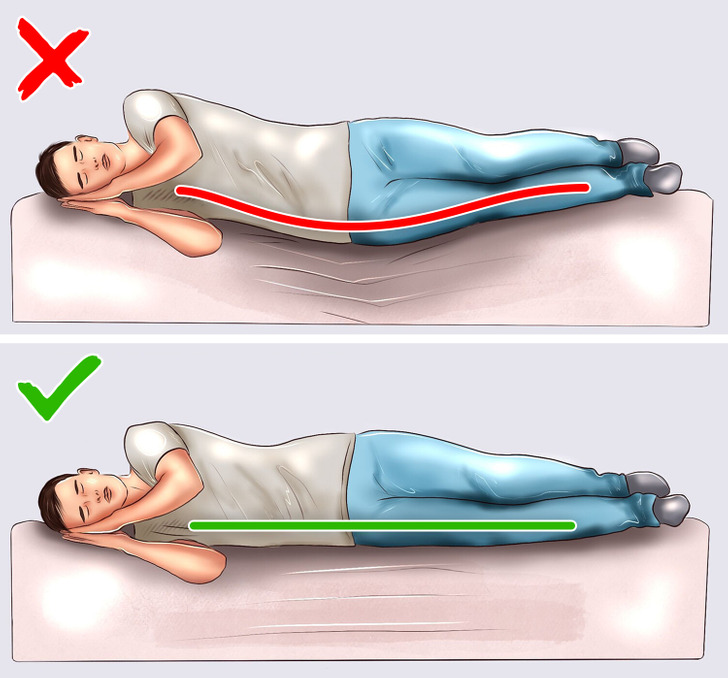
Don’t sleep on a mattress that’s too soft. Otherwise, your hips and lower back might sink into the bed and you’ll get uncomfortable. Instead, always choose a firm mattress that supports the natural curve of your spine and makes you feel comfortable.

Try sleeping on your side over any other sleeping position. This will prevent your tongue from touching the back wall of your throat.

This position has your face down, head turned to one side, and arms under or wrapped around a pillow. This position is also known as the “freefall.” One of the main advantages is that it may help relieve apnea or chronic snoring.
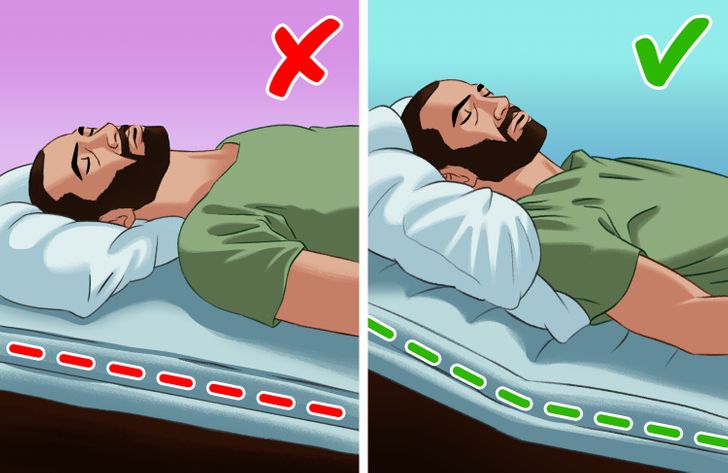
In case you can’t sleep on your side and have to sleep on your back, prop the head of your bed up a few inches, if possible. Having an extra pillow may also work well.
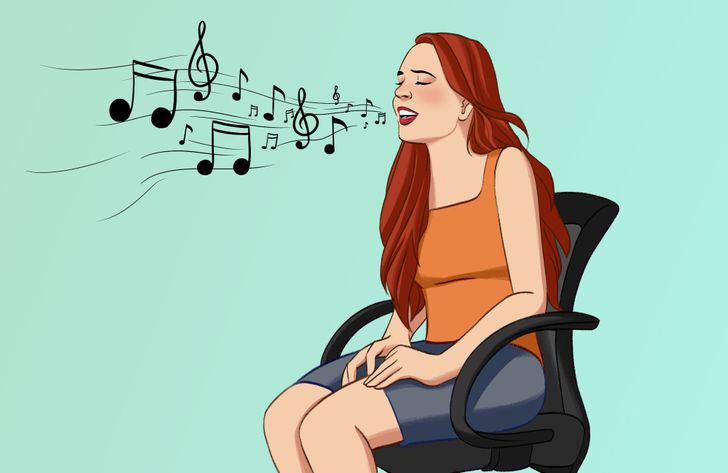
Vocal exercises can do wonders for your sleep. Practice singing for 20 minutes every day so you can tighten your throat muscles, which can help to prevent snoring.
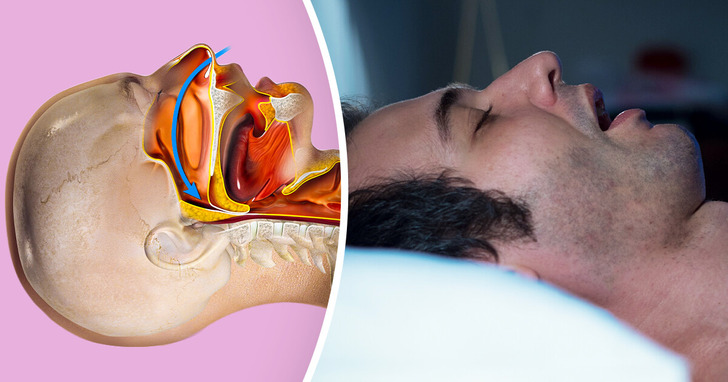
Sleep apnea is a sleep disorder where a person’s breathing is not as smooth as it should be. This, in effect, creates a sleep environment that is regularly disturbed — where you are constantly waking up throughout the night and a sense of morning tiredness and day-long drowsiness.
Your pillow hugging habit has the physical benefit of reducing this sleep disorder. Having a body pillow will support your entire body and allow you to start sleeping on your side.
This might not be the most comfortable thing to do, but it has been proven to be effective in cleaning your sinuses. Just stand over a sink and place the spout of the neti pot in one of your nostrils. The water will enter your nose and it will flow out from the other nostril. You can do this exercise for 1 minute in each nostril.
Keep in mind that you can’t use just any water. The FDA advises that you use distilled or sterile water and not tap water that might be full of impurities.
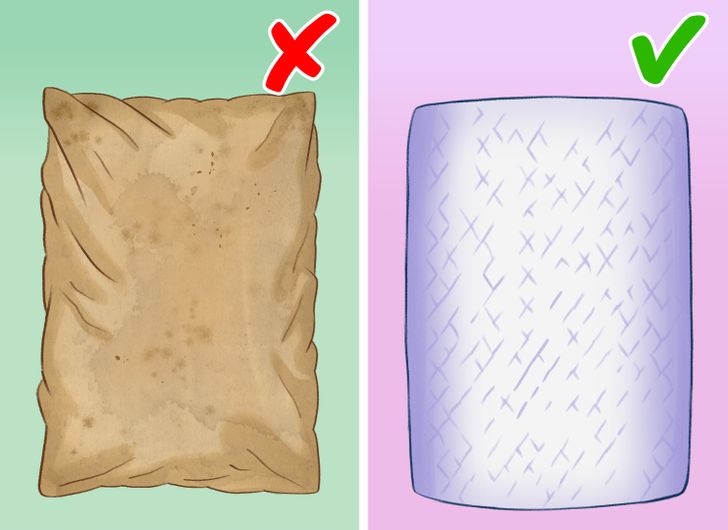
Dust mites can accumulate on your pillow and cause allergic reactions, leading to snoring. Replace your pillow at least every 6 months.

Exercising your body can actually help you get rid of your snoring problem as it can tone all your muscles, preventing anything from becoming loose.
A study led by the chief of Sleep Medicine, Richard J. Schwab, MD, compared obese patients, with and without sleep apnea, and found that the patients with sleep apnea had larger tongues and a higher percentage of tongue fat when compared to the participants who don’t suffer from this condition.
The authors of the study believe that tongue fat may become a new therapeutic target for improving sleep apnea. They suggest that future studies could explore whether certain diets and therapies can help to reduce tongue fat.
Do you or someone close to you have a massive snoring problem? What measures are you or they taking in order to solve it?











